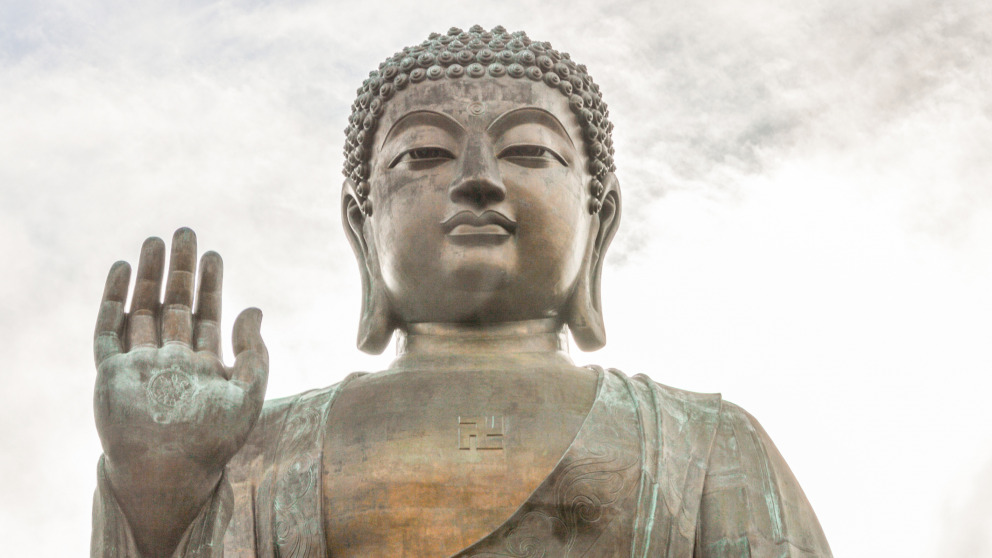Headline:
Buddhism Sets a High Hurdle for Climate Engineering
What can Buddhism contribute to the current debate on climate engineering? A recent article in the Journal for the Study of Religion, Nature and Culture explores this question.

What can Buddhism contribute to the current debate on climate engineering? A recent article in the Journal for the Study of Religion, Nature and Culture explores this question. “In this article we tried to find out what a major religion’s perspective on climate engineering might be. Despite the fact that the ancient world of Gautama Buddha was not exposed to the same environmental degradation that we encounter today, our inquiry suggests that the Buddhist tradition has developed a deep understanding of humans and their intrinsic relationship with nature. We contend that this wisdom can provide some essential directions on how to approach emerging topics such as climate engineering,” explains lead author Till Markus from the University of Bremen.
The authors devote particular attention to the concept of interrelatedness: according to Buddhist tradition, humans are inextricably linked to nature and each other in a relationship that is non-hierarchical. The full realisation of this interdependence can help us to overcome our egocentric wishes and become more aware, more compassionate, and less destructive to our environment. Accordingly, no climate engineering technology should be deployed against the will of others. In line with Buddhist principles, governance structures should be developed that allow for collective assessment of the potential risks and benefits of climate engineering, taking into account the concerns and values of different societal groups.
“Climate Engineering is a highly complex issue with many different potentials, uncertainties and risks. Science is very limited in the guidance that it can provide towards decisions on possible future implementation of the various proposed techniques. For that, we need an extensive dialogue between many sectors of society, including the world’s major religions,” says co-author and IASS Scientific Director Mark Lawrence. He hopes that this analysis will help provide a good basis for such discussions, especially with the Buddhist leadership, whose very thoughtful considerations of the issue of climate change have not yet touched on climate engineering.
Markus, T., Vivekananda, B., Lawrence, M.: An Assessment of Climate Engineering from a Buddhist Perspective. Journal for the Study of Religion, Nature and Culture, Vol 12, No 1 (2018), pp. 8–33.

